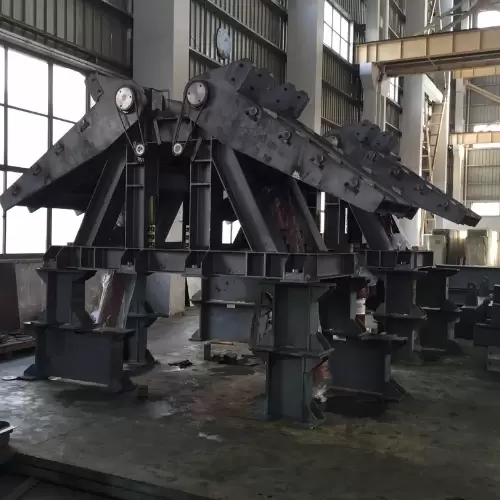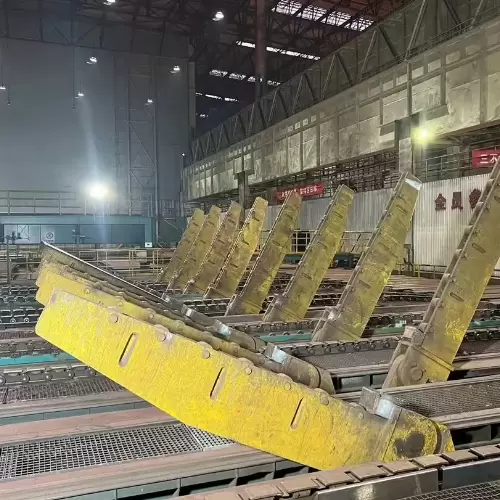In today's fast-paced manufacturing industry, efficiency and productivity are key factors for success. One technology that has revolutionized the production process is the panel turnover machine. This article explores the advantages of using panel turnover machines and how they streamline production.
Understanding Panel Turnover Machines
Panel turnover machines are automated devices designed to flip or rotate panels during the manufacturing process. These machines are commonly used in industries such as woodworking, metalworking, and construction. They are capable of handling various panel sizes and materials, making them versatile for different production needs.
Increased Efficiency
One of the primary advantages of panel turnover machines is the significant increase in efficiency they bring to the production process. By automating the panel flipping process, these machines eliminate the need for manual labor, reducing the time and effort required. This allows manufacturers to produce more panels in less time, ultimately increasing overall productivity.
Improved Safety
Manual panel flipping can be a hazardous task, especially when dealing with heavy or large panels. Panel turnover machines eliminate the risk of injuries associated with manual handling. By using these machines, manufacturers can ensure a safer working environment for their employees, reducing the likelihood of accidents and workers' compensation claims.

Enhanced Precision
Panel turnover machines are equipped with advanced technology and precise control systems, ensuring accurate and consistent panel flipping. This level of precision is crucial in industries where panel alignment and positioning are critical, such as cabinetry or metal fabrication. The machines can be programmed to rotate panels at specific angles, allowing for precise positioning during the production process.
Versatility
Panel turnover machines are designed to handle a wide range of panel sizes and materials. Whether it's wooden boards, metal sheets, or plastic panels, these machines can accommodate various materials commonly used in manufacturing. This versatility allows manufacturers to streamline their production process without the need for multiple machines for different materials.
Cost Savings
Implementing panel turnover machines can lead to significant cost savings for manufacturers. By automating the panel flipping process, companies can reduce labor costs associated with manual handling. Additionally, the increased efficiency and productivity achieved through these machines can result in higher output with the same or fewer resources, ultimately reducing production costs.

Space Optimization
Panel turnover machines are compact and designed to fit seamlessly into existing production lines. This allows manufacturers to optimize their workspace by efficiently utilizing available floor space. The machines can be integrated into the production line, eliminating the need for additional space or rearrangement of existing machinery.
Streamlined Workflow
Panel turnover machines contribute to a more streamlined workflow by eliminating bottlenecks and reducing downtime. With automated panel flipping, manufacturers can ensure a continuous and uninterrupted production process. This leads to smoother operations, reduced waiting times, and improved overall efficiency.
Quality Control
Panel turnover machines play a crucial role in maintaining quality control during the production process. By ensuring precise panel positioning and alignment, these machines help eliminate errors and inconsistencies. This results in higher-quality products and reduces the likelihood of rework or product defects.

Conclusion
Panel turnover machines have become an essential tool in modern manufacturing, offering numerous advantages that streamline production processes. From increased efficiency and improved safety to enhanced precision and cost savings, these machines have revolutionized the way panels are handled in various industries. By implementing panel turnover machines, manufacturers can optimize their production lines, improve overall productivity, and stay competitive in today's fast-paced manufacturing landscape.

